
Apple iPad scheme seeks to reclaim the tablet market and win the post-PC wars
Something surely seems missing from this week's Apple Event. A year ago this month, Apple introduced the svelte, 12-inch MacBook. That makes the little laptop ripe for refresh, but it is MIA. Following a media hoopla where the figurative fireworks failed to light, everyone should ask: What is Apple doing? The new 4-inch iPhone is little more than the 5 model introduced in 2012 with fresh internals. The 9.7-inch iPad Pro fits into a crowded category where Apple is mob in the room. Where's the innovation?
After watching the live stream, carefully reviewing what Apple executives said, and looking over device sales trends, I must say this: Either Tim Cook is stupidest tech CEO on the planet, or one of the smartest. The event's big takeaway is this: Apple is trying to corner a faltering computing category on the presumption it's the next big thing. Cook takes great risk in search of greater rewards. If he's right, Apple may come to dominate the next personal computing platform—even as Android armies spread across the planet. Everything hinges on these: Will tablets replace PCs and can Apple become the overwhelming market share leader, regaining dominance held six years ago?
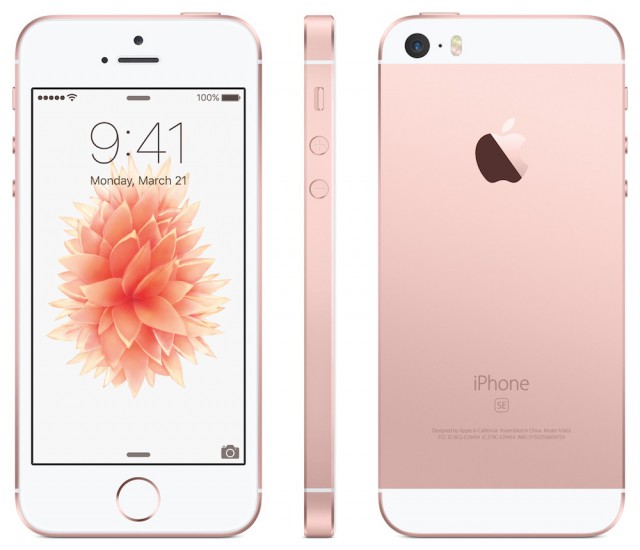
How much does an Apple iPhone SE cost in Europe, Australia and India? (Hint: A lot)
One of the main selling points of the new iPhone SE is its affordable price. Starting at just $399, Apple's latest smartphone costs $250 less than a comparable iPhone 6s or $150 less than a similar iPhone 6. For iPhone fans or would-be customers on a budget, it is a very attractive proposition. That is the story in US anyway.
In other markets, Apple has decided to sell the new iPhone SE at a premium, making it a less attractive proposition in the process. In Europe, for instance, prices are considerably higher even when removing VAT from the equation.
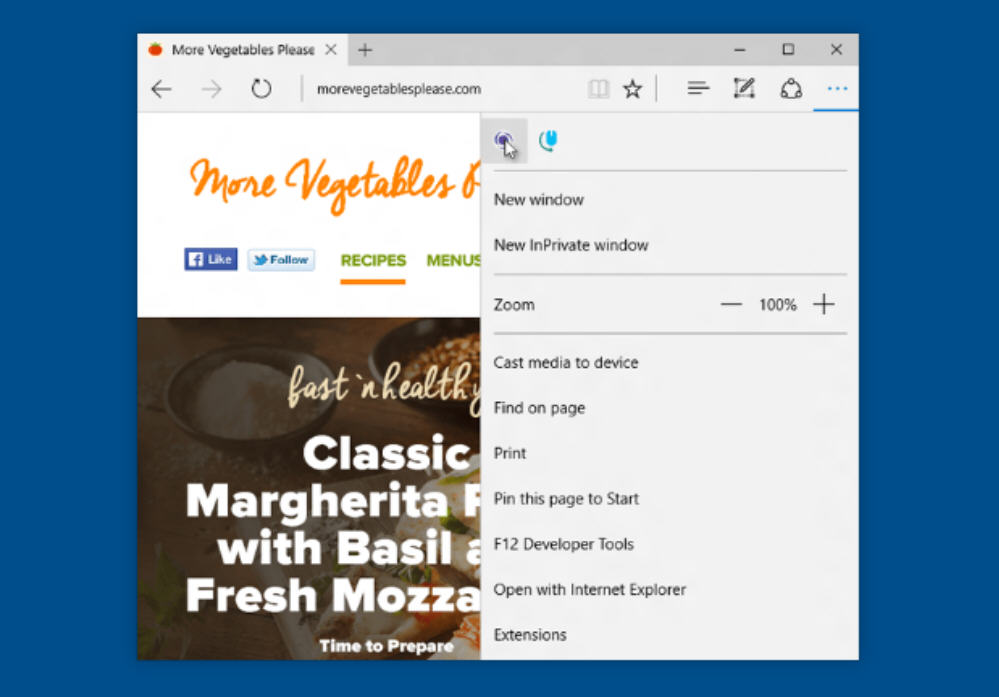
How to install and use extensions in Microsoft Edge on Windows 10
Starting in Windows 10 Insider Preview Build 14291, Microsoft has introduced a selection of extensions for its Edge browser.
While the software giant promises that popular add-ons like AdBlock, Adblock Plus, Amazon, LastPass, and Evernote are on their way, it’s launched the feature with three rather less-exciting offerings -- Mouse Gestures, Microsoft Translator and an early version of Reddit Enhancement Suite.
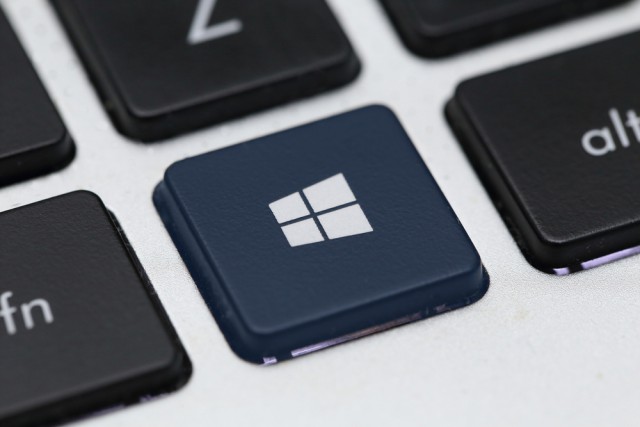
Huge Windows 10 Redstone update will 'change everything'
While it is widely expected that Windows 10 Mobile will launch today, it is the desktop version of the operating system that still attracts the most attention. The first major update to Windows 10 -- dubbed Redstone -- has already been rolled out to Insiders in the form of an early preview build, but there are some big changes on the way.
The first time we'll get to see what Microsoft has been working on is likely to be at Build at the end of the month, but the company's PR machine has already kicked into action. Product managers at Microsoft already have access to new and exciting features which it is promised will 'change everything' and cause users to 'freak out'.

Microsoft hits a new low -- sneaks Windows 10 advertising into an Internet Explorer security patch
It seems there are no depths that Microsoft will not sink to in its relentless quest to get the world using Windows 10. It’s already made the new OS a 'recommended' update for Windows 7 and 8.x, which will see the update download and install automatically on some systems.
But the company's latest sneaky trick is beyond the pale. According to Microsoft’s own documentation, a new security patch for Internet Explorer also "adds functionality to Internet Explorer 11 on some computers that lets users learn about Windows 10 or start an upgrade to Windows 10". In other words, as well as fixing vulnerabilities with Internet Explorer, the security patch will also advertise the new OS to customers. In what world is that acceptable?

Anonymous hacks Donald Trump's voicemail and leaks the messages
In the run-up to the presidential election, few days go by when Donald Trump isn't hitting the headlines for something he's said or done. The bombastic billionaire looks set to become the republican candidate, and his journey towards the White House is littered with offense and controversy, and back in December Anonymous declared war on him.
The loose collective of hackers and activist made its declaration after Trump announced plans to ban Muslims from entering the US. One of the alleged first strikes in Anonymous' war sees the group hacking the businessman's voicemail and leaking the messages. The messages appear to show that Trump had a surprisingly cosy relationship with the more left-leaning section of the media than one might imagine.

Resistance is futile -- Windows 10 will take over the PC market (eventually)
Microsoft hopes that within the first two to three years of availability, Windows 10 will power one billion devices worldwide. And, so far, things are looking good, as the new operating system can be found on over 200 million devices. But whether the software giant reaches its goal on time or not is irrelevant, because the new operating system will take over the PC market eventually, one way or another.
When looking at monthly stats and even Microsoft's own status updates on adoption it is way too easy to focus your attention on the figures themselves and lose sight of the bigger picture: as long as Windows 10's user base is growing, there is no stopping it. And that is what Microsoft wants, to have its new operating system "infecting" as many PCs and tablets as possible, so that it can finally take control of this market.

Facebook has missed a trick or two with its limited Reactions
After years of pestering, yesterday Facebook finally supplemented the famous Like button with five additional Reactions. To the disappointment of many, the much-requested Dislike button is yet to make an appearance, but this is not the only way in which the social network has let people down.
Advertisers, page owners, and the general Facebook hoi polloi now have at their disposal six reactions that serve little useful purpose. Sure, it gives users the opportunity to express a slightly wider range of emotion, but the range is far too limited. Additionally, Facebook has let down its paying users more seriously -- it fails to register the meaning and intent behind the different reactions, rendering the six options almost pointless.
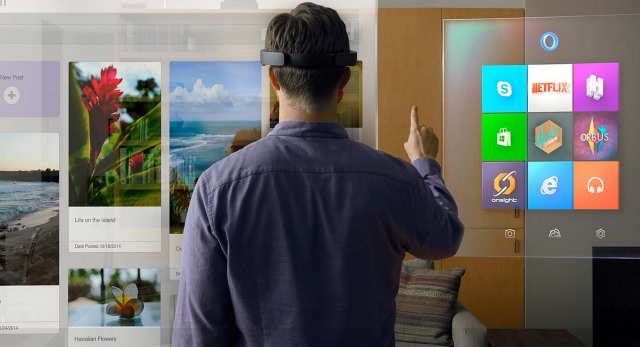
Why is Microsoft not selling HoloLens to consumers?
HoloLens is one of the most exciting things that Microsoft is working on. First showcased more than a year ago, this headset could transform how we interact with technology on a daily basis, making it possible to display holograms on top of everyday objects. Imagine having a huge TV that is playing your favorite show showing up on your bedroom wall, or seeing snow falling down around you on a hot summer's day. The possibilities are virtually endless.
But while HoloLens has no doubt captured the imagination of many consumers, Microsoft has not made a kit available to the general public, choosing instead to only offer it for developers and businesses. Question is, why not consumers as well?
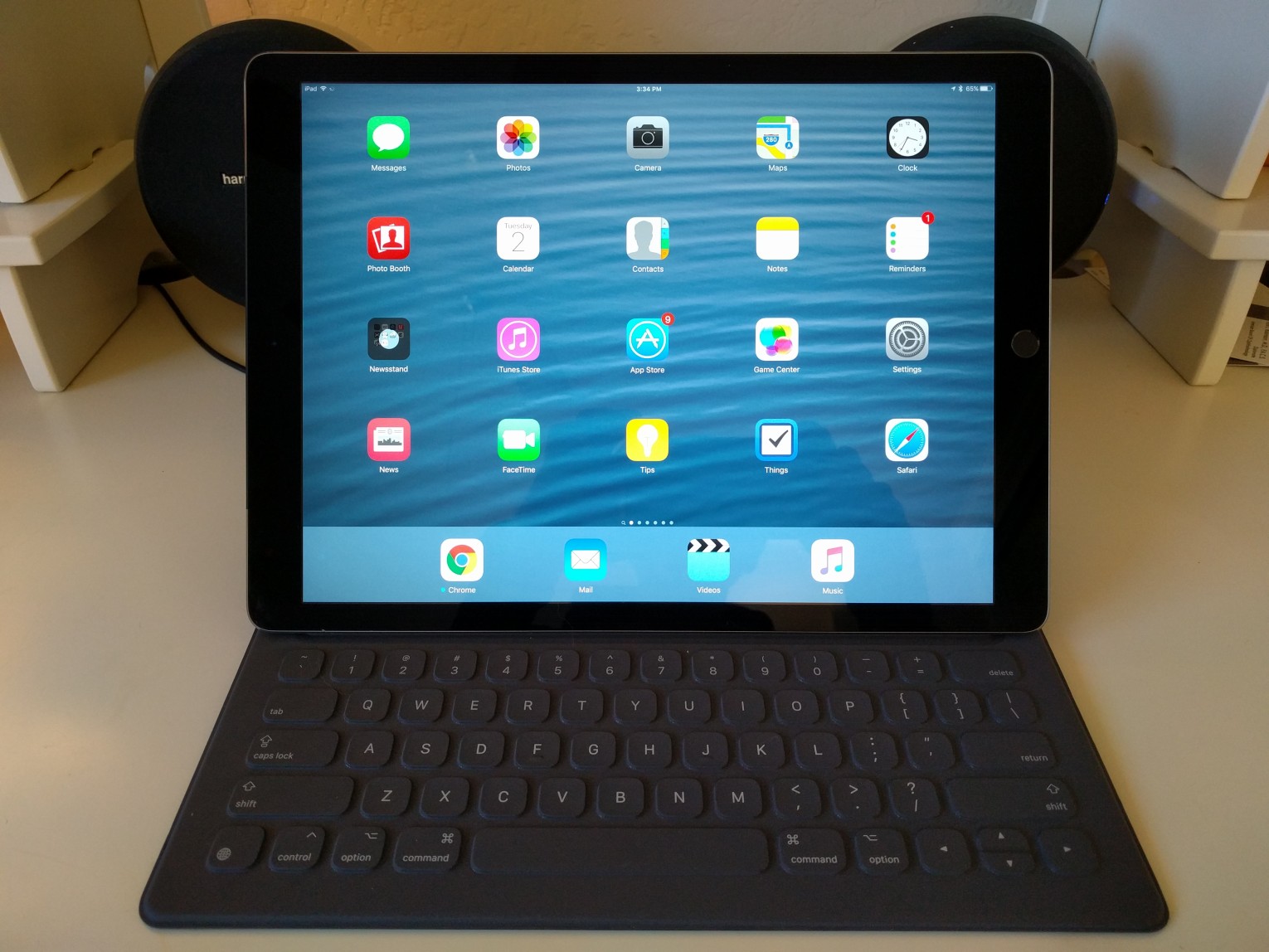
iPad Pro's fatal flaw? [fifth in a series]
Editor's Note: Apple contacted me on February 16th, suggesting the short battery life is abnormal. We discussed tech support option but I chose instead to replace the whole kit—iPad Pro and keyboard—to see if the short battery life with Smart Keyboard is a one-off hardware problem.
The follow-up post, on February 24th, countermands the negative conclusions stated in this review. Battery life from the second kit is hugely satisfying and plenty long enough for the typical workday. The user experiences aren't comparable. I debated about deleting the original story but that feels like hiding something. Hopefully this addendum sufficiently retracts the original conclusion.
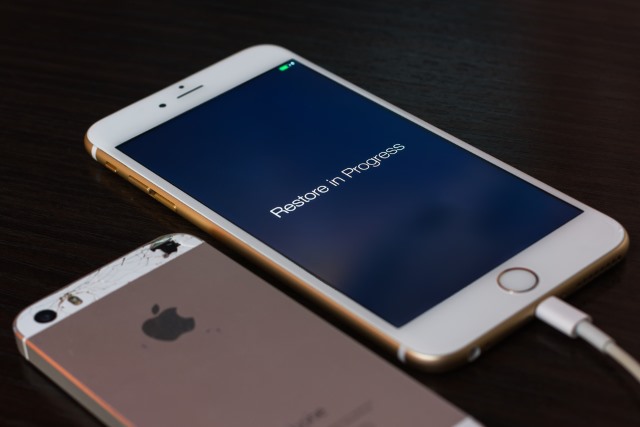
What's really behind iPhone Error 53 -- and how can you fix it?
If you have an interest in Apple, or smartphones in general -- or even if you just follow tech news -- you can't help but have heard about the Error 53 problem that's affecting some iPhone users. In short, it seemed that people who had used non-authorized repairers to fix their home button ended up with a bricked phone after installing the latest iOS update.
This led to vocal outcries from not just upset iPhone owners, but also the tech community as a whole. Apple responded by saying that Error 53 was to "protect our customers", but what’s the real story? Is Apple really penalizing people who don’t take their iPhone to an Apple Store for repair? And, more importantly, what can you do if your iPhone has been bricked by Error 53?

Here's how to unlock (and play) Facebook Messenger's secret game
Although there are lots of apps and services you can use for chatting to friends, Facebook Messenger is one of the better options because you can pretty much guarantee most people you know will have a Facebook account.
In addition to chatting with your friends you can now challenge them to play a game of chess, but only if you know the secret phrase to launch it, and the hotkeys used to pay the game.

Sorry 'pundits', but Windows Phone was never alive
After Microsoft revealed that Windows phone revenue fell 49 percent and Lumia sales dropped to 4.5 million units last quarter, disingenuous headlines like "Windows Phone is dead" started to show up. Believe it or not, some pundits actually believe that Q4 was the quarter when the platform met its end, like it did not "die" a long, long time ago.
Objectively speaking, Windows Phone was never relevant enough in the modern smartphone market to be truly alive. Lumia sales, which have typically accounted for the vast majority of Windows Phone sales each quarter, were never strong enough to pose a threat to the iPhone line or let alone the Android crop. Windows Phone was a feeble player from the start, which lost any real chance of mattering years ago, outside of the Microsoft crowd that is.
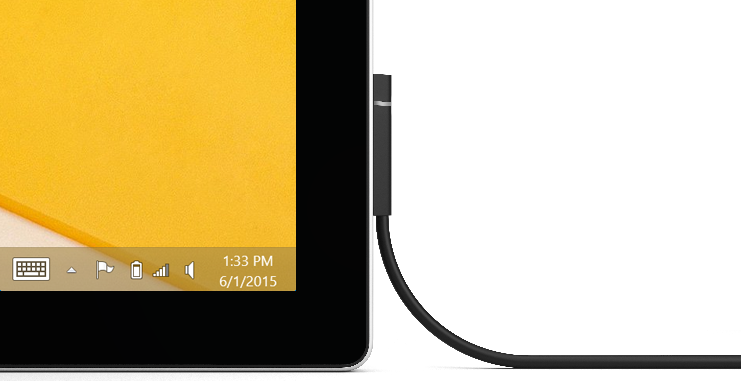
This is how to get a free replacement power cord for your Surface Pro
As you may already be aware, Microsoft has discovered that in certain situations the Surface Pro’s power cable could overheat, making it a potential fire hazard.
This is a problem that affects cables for the Surface Pro, Surface Pro 2, and Surface Pro 3 on devices purchased before March 15 2015 (in the US) or July 15 2015 (in all other territories). Microsoft has issued a voluntary recall, and you can now request a replacement power cord. The process is fairly simple, and this is what you need to do.

PC market sees biggest-ever drop in shipments, but don't blame Windows 10
Things are not looking good for the PC market. The fourth quarter of 2015 registered the biggest-ever year-over-year drop in shipments, as IDC's Worldwide Quarterly PC Tracker revealed a 10.6 percent fall compared to the same period in 2014. For the whole of 2015, shipments are said to have dropped by 10.4 percent compared to the year prior.
Lenovo was the vendor with most PCs shipped in 2015, followed by HP and Dell. However, with the exception of Apple, all other vendors in IDC's top five have seen their shipments dropping last year. Mac shipments rose by 6.2 percent, according to the report.
